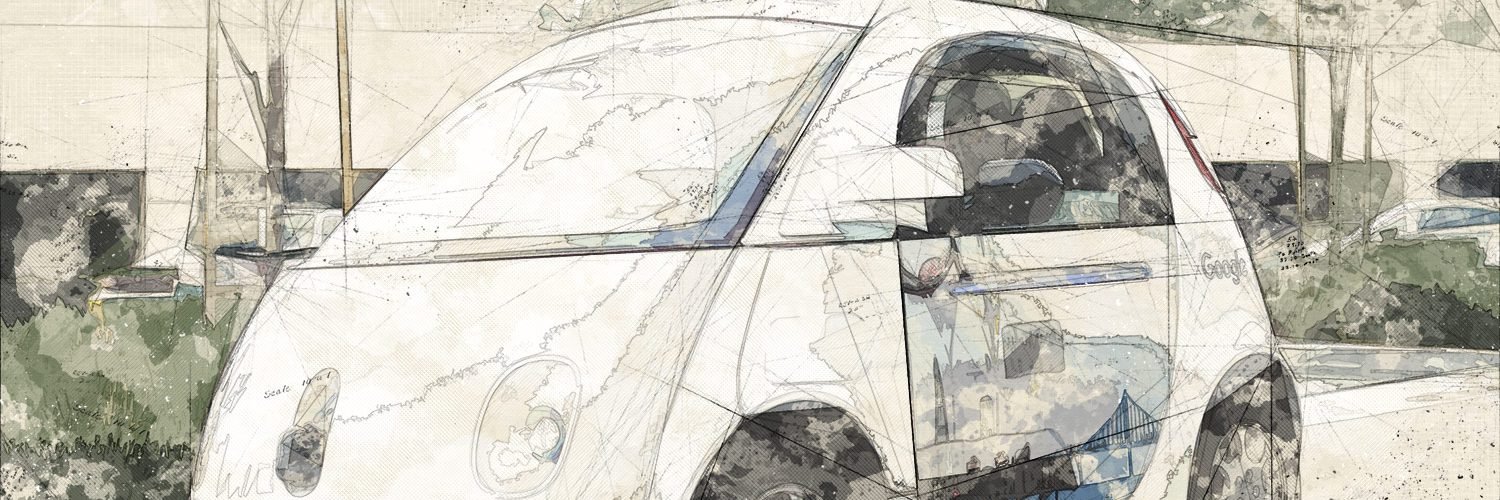Don’t look yet, but self-driving cars are coming. Most people – and governments – are barely considering the implications of this revolution, but we should be. Try these thoughts for size.
1. Starting in cities, people will no longer want to own cars. Snap your fingers and a car will turn up. We’ll rent them by the hour or by the kilometre. When they’ve brought us home again, they’ll drive themselves off to serve someone else. We will no longer need our driveways or garages, which can be used to extend our homes or our garden space.
2. On-street parking will be eliminated, and making good use of the space would revolutionise our streetscape. Room for better, segregated footpaths and cycle paths could be provided, or the space used for public amenity.
3. Pedestrians will be able to cross – or even walk in – vehicle lanes without fear, knowing that cars will be programmed to give way rather than hitting them. Preventing pedestrians from abusing this advantage will require physical barriers or legislation, which may lead to an ugly battle.
4. Traditional scheduled bus services will find it hard to compete against the convenience of summoning a self-driving car. A market may develop for communal transport if self-driving cars fail to reduce congestion. Railways will continue to have the edge on speed over long distances. But with none of the traditional constraints on design, self-driving cars could be entertainment centres or productive workspaces. Shorter journey times may become less important.
5. There will be no more car dealers, independent car mechanics, car parts stores or car insurance industry. There will be no more car financing, or car advertising. There’ll be no more need for taxis, and eventually van and truck drivers. The financial and social implications of these changes will be immense.
6. There’ll be no need for driving instructors either. We don’t know when self-driving cars will become commonplace, but it’s quite likely that people will only learn to drive if they want to pursue it as a hobby. Today’s primary school children may find the idea of driving as quaint as using a telephone kiosk.
And that’s the most alarming thing of all. This is all going to happen much sooner than most of us think.
This article was first published in the Cambridge Independent on 1 November 2017.



Add comment